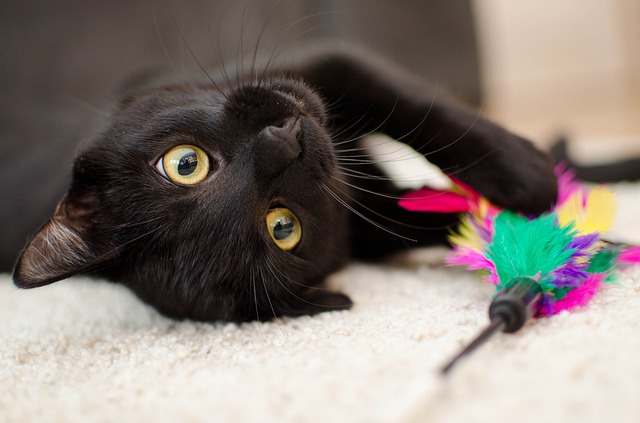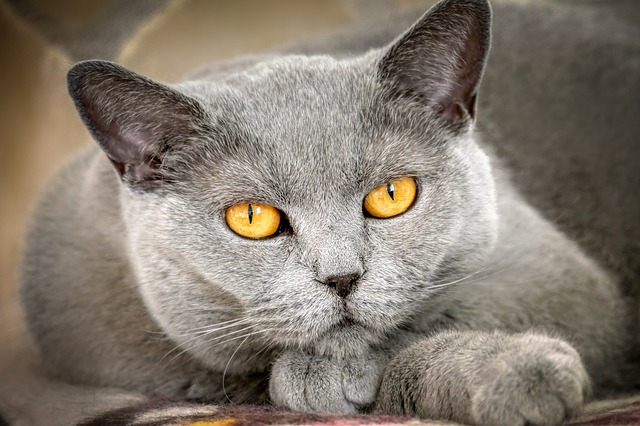We pour our entire beings into loving our kitties, so we don’t want to believe cats choose to ignore us. But living with felines teaches us to live honestly. And we honestly know our furry sweethearts sometimes choose not to hear us when we speak to them. With their ear flicks, tail twitches, and annoyed stares, they don’t even try to hide the fact they’re tuning us out.
But how much are cats ignoring us, and how much of their unresponsiveness is a language breakdown? To find out what’s going on in the feline mind, Atsuko Saito, a behavioral scientist with Japan’s Sophia University, conducted a study to prove cats do indeed know their names and still choose to ignore us.

Proving Cats are Selective Listeners
Turning to citizen science to assess whether or not cats know their names, Saito and her team worked with 78 house cats from different homes and one cat café. By having cats tested in their own environments, researchers avoid causing them undue distress. This approach to studying felines allows scientists to gather more accurate results.
Instructed by researchers, cat parents first said four words sounding similar to their cat’s name, repeating them until the cats no longer reacted to them. Once the cat was no longer interested in those four words, cat parents then said their cat’s name while researchers examined the feline’s response. Responses ranged from meowing to the oh-so-subtle turn of the ear cats are known for.
According to Saito, “These results indicate that cats are able to discriminate their own names from other words.”

So, yes, cats seem to recognize their names when their parents say them. But what about when other people say their names?
Do Cats Talk to Strangers?
Taking the study a step further, researchers had strangers repeat the experiment with the subject cats, using both similar words and the cat’s name. Observing the felines’ responses, the team surmised, “These cats discriminated their own names from general nouns even when unfamiliar persons uttered them.”
But, when strangers say a cat’s name, a kitty’s response usually isn’t as strong as when their parent speaks it.

Now, do cats respond better to certain letter sounds? And what about baby-talk? Do our kitties like our high-pitched cooing?
Kitties are Furry Babies
Have you ever heard cats respond better to long “ee” sounds? It’s true! PetMD explains cat parents and feline professionals have often observed how cats “respond to names containing the long e-vowel, or “ee” sound.”
As for lavishing your kitty-love with baby talk, go right ahead! They won’t tell you this, but cats like our high-pitched chatter!
“Cats have been noted to respond better to high-pitched human voices, and prefer women’s voices to men’s.”

When considering names or nicknames for your cat, remember the long e-vowel catches kitty ears best. Once you’ve settled on the purrfect name, coo it at your cat often. But don’t forget, even though your purr friend knows his name, he will most likely ignore you when you say it!

